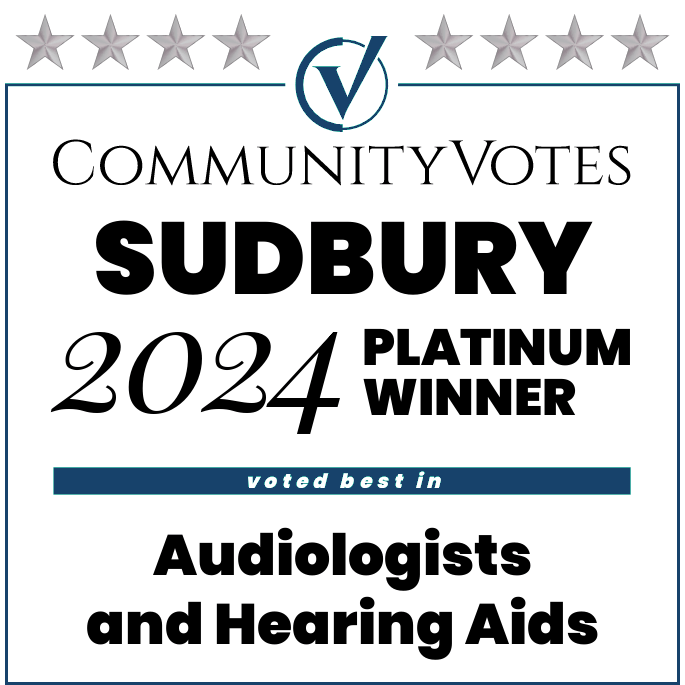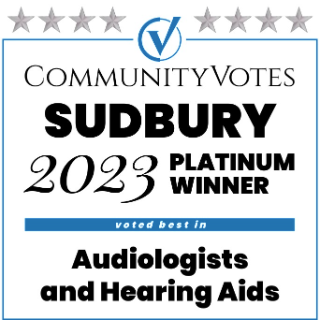Social isolation is defined as loneliness that can affect health with socially isolated individuals having less day-to-day contact with others, fewer fulfilling relationships, and an overall lack of a sense of belonging. According to the Surgeon General of the United States, social isolation is a growing epidemic and is associated with “a reduction in lifespan similar to that caused by smoking 15 cigarettes a day”. Statistics Canada reports that social isolation among the elderly is of particular concern and that more than 30% of Canadian seniors are at high risk.
There are many links in the literature between hearing loss and social isolation. Hearing loss, as it relates to overall health, has often been given low priority in healthcare. Many assume that hearing loss is just a minor nuisance. However, it is has a much more significant impact than most anticipate.
Hearing loss is the third most chronic prevalent health issue in older adults, superseded only by hypertension and arthritis. Despite its prevalence, many still don’t seek out hearing health care, leaving hearing loss undetected and untreated.
People with hearing loss typically find communication more difficult, especially in noisier environments. When listening becomes more challenging, it requires more effort and thus leads to fatigue. People will often begin to engage less in conversation and may start avoiding social activities, instead choosing to withdraw and isolate themselves. What was once enjoyable has now become stressful and tiring. Isolation has been shown to affect mental health and can lead to depression and cognitive decline. Communication is how we connect with others, thus keeping us involved with life.
Seniors who treat their hearing loss report better relationships with their families, increased confidence, improved mental health, and greater independence and security. These positive benefits allow those with hearing loss to become more engaged with the world around them. Given the negative consequences associated with untreated hearing loss and the effects on quality of life and relationships, getting hearing assessments should be part of routine health checks with baseline testing recommended after age 50.
Like anything with our health, early intervention leads to better outcomes. Be proactive, have your hearing checked and monitored.No referral is needed from your family doctor.





